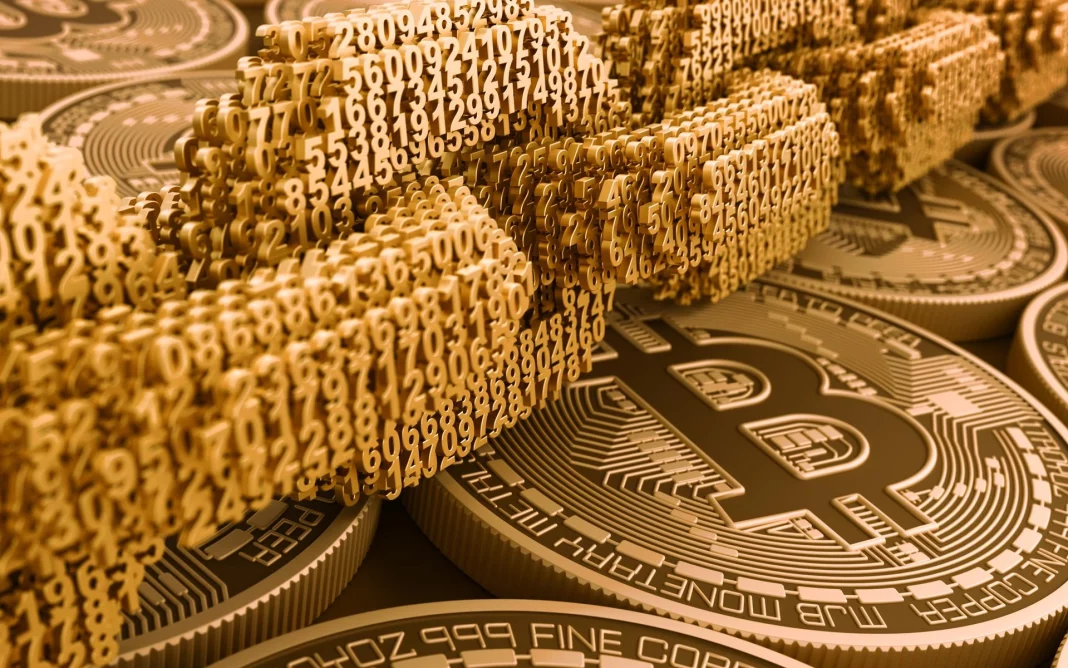Jack Mallers from Strike defended Bitcoin against Peter Schiff, a well-known critic of cryptocurrency.
The discussion focused on which asset is better suited as a world reserve currency, the traditional gold or the digital gold, which is Bitcoin.
Digital money for an interconnected world
Mallers argued that Bitcoin is the best form of money because it meets all the essential properties of money, and its strong performance highlights Bitcoin’s potential as a valuable asset in the financial world.
“BTC is the best money in human history. It is the scarcest with a fixed supply, most portable, and most divisible. Over the last decade, BTC has had an average annual return of 60%, while gold only returned 2% during the same time.”
Thousands of years of track record: gold
On the other hand, Peter Schiff disagreed with Mallers and doesn’t consider Bitcoin to be real money.
As of today's close, Bitcoin ETF gains since launch have been reduced to just under 10%, while $GLD is still up 24%. Therefore, investors made 140% greater returns by buying #gold instead of #Bitcoin. https://t.co/nX66MU2n57
— Peter Schiff (@PeterSchiff) September 6, 2024
Schiff acknowledged that Bitcoin has outperformed many assets over the past decade, he believes that tokenized gold could be a better option instead of it.
He argued that tokenized gold can be transferred more quickly and cheaply than Bitcoin, making it a more suitable choice for a digital monetary system.
He didn’t mention that tokenization needs a trusted third party, and this makes the assets vulnerable for censorship and arbitrary control, just like in case of fiat money.
“I don’t think BTC qualifies as money. Money must be the most marketable commodity and have value. Bitcoin lacks that value. It is mainly used for speculation and not in the way money is typically used, like gold. Using gold as the basis of the digital monetary system is much better than when gold was the basis of a paper monetary system.”
The limitations of gold
Mallers countered Schiff’s points with these arguments, by highlighting physical gold’s dependence on centralized third parties to complete transactions.
He explained that this reliance limits gold’s ability to scale in a global economy, which has contributed to its decline as a global reserve currency.
Mallers also predicted that if gold were a strong competitor, Bitcoin adoption would have been much slower.
He believes Bitcoin could reach between $250,000 and $1 million in the next 12 to 18 months due to increased liquidity and Bitcoin’s advanced technology.
While Schiff was skeptical of Mallers’ price predictions, he stated he would reconsider his views on Bitcoin if it gained widespread acceptance as a top reserve asset.
He warned against speculative investments in Bitcoin, suggesting that there are better assets with less risk.
Schiff noted that gold investors have seen a 140% gain compared to Bitcoin ETFs after recent market downturns.
Now Bitcoin ranks as the 10th largest asset by market cap, valued at $1 trillion, while gold remains at the top with nearly $17 trillion.


